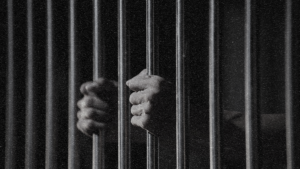
NC Bill Would Allow More Teens To Be Tried As Adults And Roll Back Privacy Protections
A new bill signed into law last week will make major changes to state laws related to juvenile justice. House Bill 186 would roll back privacy protections for juveniles accused of serious crimes; allowing law enforcement to release names, photos, alleged offenses and statements.
